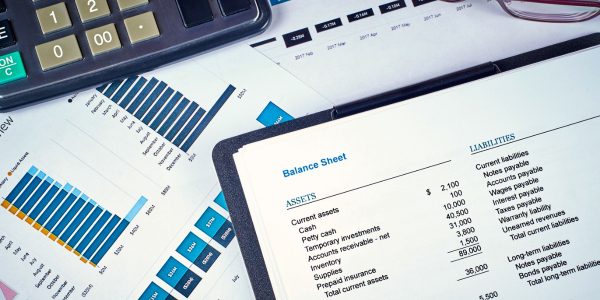“Should I use accrual or cash accounting?” This is a common question for many business owners and managers. Each method comes with its own rules, advantages, and disadvantages that can significantly influence how you track, report, and handle your business’s finances. We’ll share the differences to help you decide whether accrual or cash accounting is right for your business.
Cash Accounting
Cash accounting is a straightforward method where transactions are recorded as money comes in and goes out. For example, income is recorded when you receive a payment, and expenses are tracked when a payment is made.
Advantages
- Simplicity: Cash accounting is straightforward and easy to understand. It’s particularly useful for small businesses with simple financial transactions.
- Tax Benefits: Businesses that use cash accounting may be able to defer taxes by delaying the arrival of income or accelerating expenses.
- Less Recordkeeping: With transactions tracked as they happen, you don’t need to record accounts receivable or accounts payable.
Disadvantages
- Restricted Insights: Cash accounting doesn’t consider outstanding invoices or bills. Due to this, it doesn’t provide a complete picture of your business’s financial situation.
- Tracking Inaccuracies: Seasonal changes in income and expenses can make it difficult to track long-term financial trends precisely.
- Tax Limitations: Cash accounting may limit opportunities to take advantage of certain tax incentives.

Accrual Accounting
Accrual accounting records income and expenses when the transaction happens, regardless of when the cash is exchanged. Therefore, it helps to match revenue and expenses to specific time periods.
Advantages
- Accuracy: Accrual accounting provides a more accurate picture of your business’s financial situation as it includes all income and expenses.
- Financial Planning: This method helps you plan for future expenses and income by accounting for future transactions.
- Tax Flexibility: For some businesses, accrual accounting can offer more flexibility to manage your tax liability.
Disadvantages
- Complexity: Accrual accounting can be complex and may require professional assistance as it involves tracking accounts receivable and accounts payable.
- Possible Tax Liabilities: You may be required to pay taxes on income that hasn’t been received yet. For some businesses this can present a cash flow problem.
Example of the Two Methods
Cash Accounting: Your business completes an order and invoices for it in April. However, payment is not received until May 1st. This method would attribute the income to May.
Accrual Accounting: Your business completes an order and invoices for it in April. The customer has 30 days to pay the invoice, so while the revenue might not hit your account until May. However, the income is recorded for April.
Choosing the Right Method
Whether you choose cash or accrual accounting should be based on several factors; the size of your business, your industry, and long-term financial goals. Here’s a bit more context:
- Small Businesses: Small businesses often start with cash accounting because it’s easy and straightforward. However, as they grow, they may switch to accrual accounting for a more accurate financial picture.
- Seasonal Businesses: Businesses that have seasonal changes in revenue may find cash accounting beneficial to match their income and expenses with cash flow.
- Regulatory Factors: Some industries or regulatory agencies may require a particular accounting method.
Ultimately, your choice of accounting method should be determined by your business’s needs and goals. Keep in mind, you can change your accounting method down the line, as your business grows.
Timesheets.com is an online time and expense tracking software that can help you optimize your operations. Start a FREE trial to see how Timesheets.com can elevate the success of your business.
Interested in more topics related to business management, accounting, and time and expense tracking? Be sure to check out our blog, with new topics each week.





